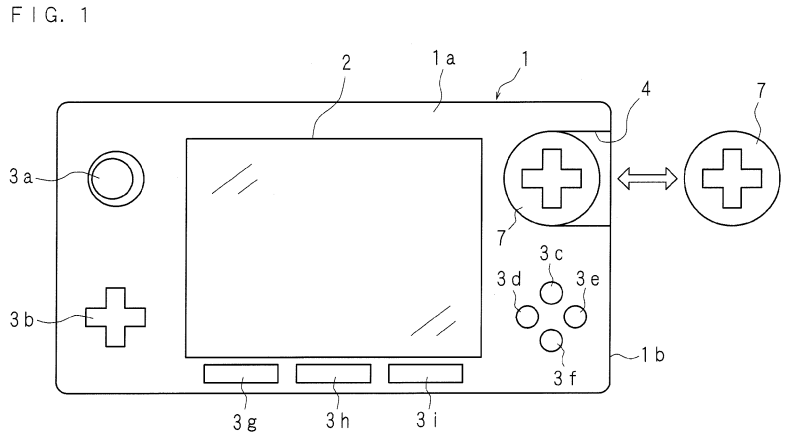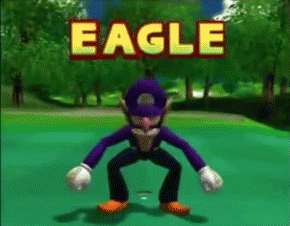Q5:
You have explained your concern about users being divided by hardware. Currently, you have both a handheld device business and a home console business. I would like to know whether the organizational changes that took place last year are going to lead to, for example, the integration of handheld devices and home consoles into one system over the medium term, or a focus on cost saving and the improvement of resource efficiency in the medium run. Please also explain if you still have room to reduce research and development expenses.
A5:
...
In this perspective, while we are only going to be able to start this with the next system, it will become important for us to accurately take advantage of what we have done with the Wii U architecture. It of course does not mean that we are going to use exactly the same architecture as Wii U, but we are going to create a system that can absorb the Wii U architecture adequately. When this happens, home consoles and handheld devices will no longer be completely different, and they will become like brothers in a family of systems.
Still, I am not sure if the form factor (the size and configuration of the hardware) will be integrated. In contrast, the number of form factors might increase. Currently, we can only provide two form factors because if we had three or four different architectures, we would face serious shortages of software on every platform. To cite a specific case, Apple is able to release smart devices with various form factors one after another because there is one way of programming adopted by all platforms. Apple has a common platform called iOS. Another example is Android. Though there are various models, Android does not face software shortages because there is one common way of programming on the Android platform that works with various models. The point is, Nintendo platforms should be like those two examples. Whether we will ultimately need just one device will be determined by what consumers demand in the future, and that is not something we know at the moment. However, we are hoping to change and correct the situation in which we develop games for different platforms individually and sometimes disappoint consumers with game shortages as we attempt to move from one platform to another, and we believe that we will be able to deliver tangible results in the future.





